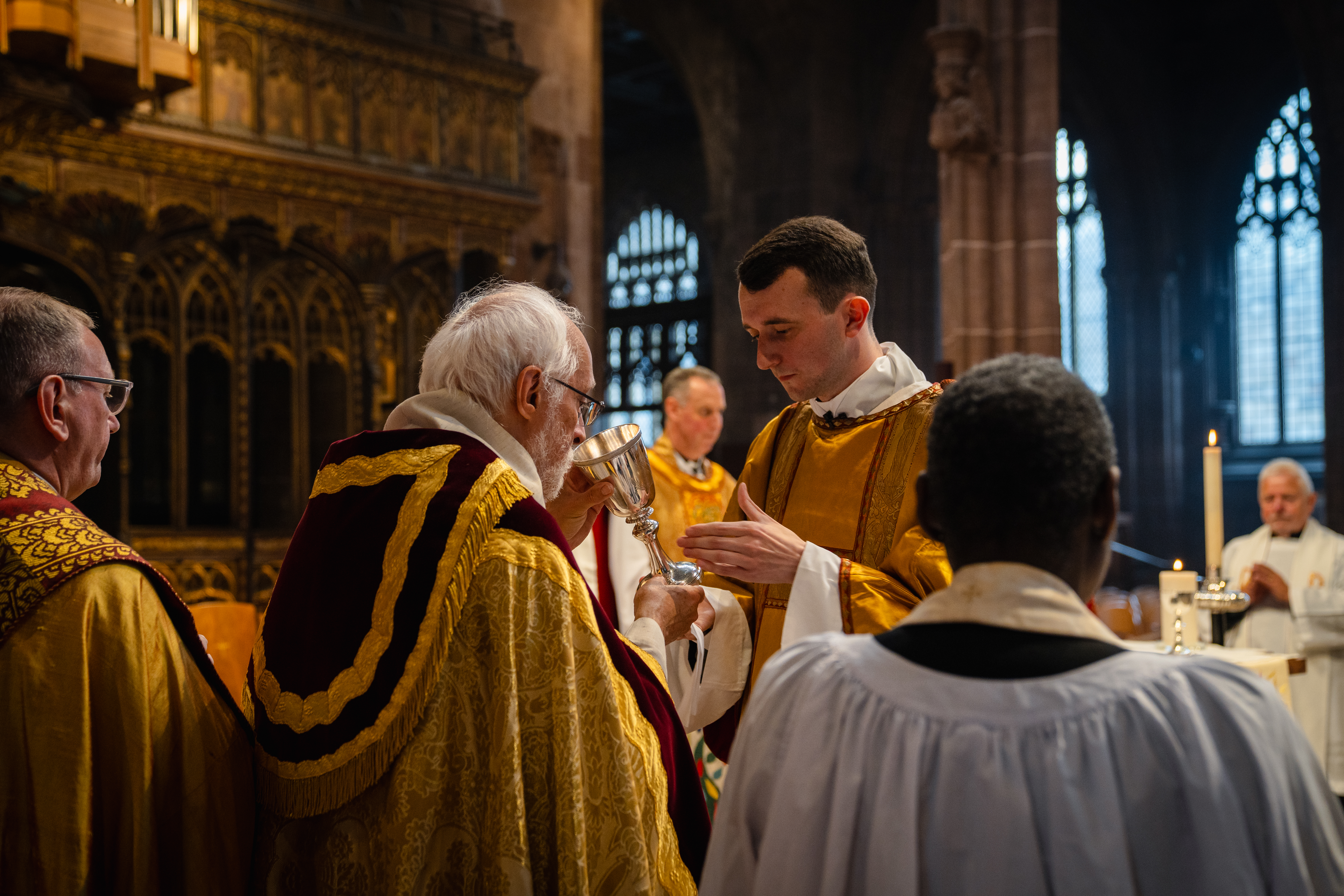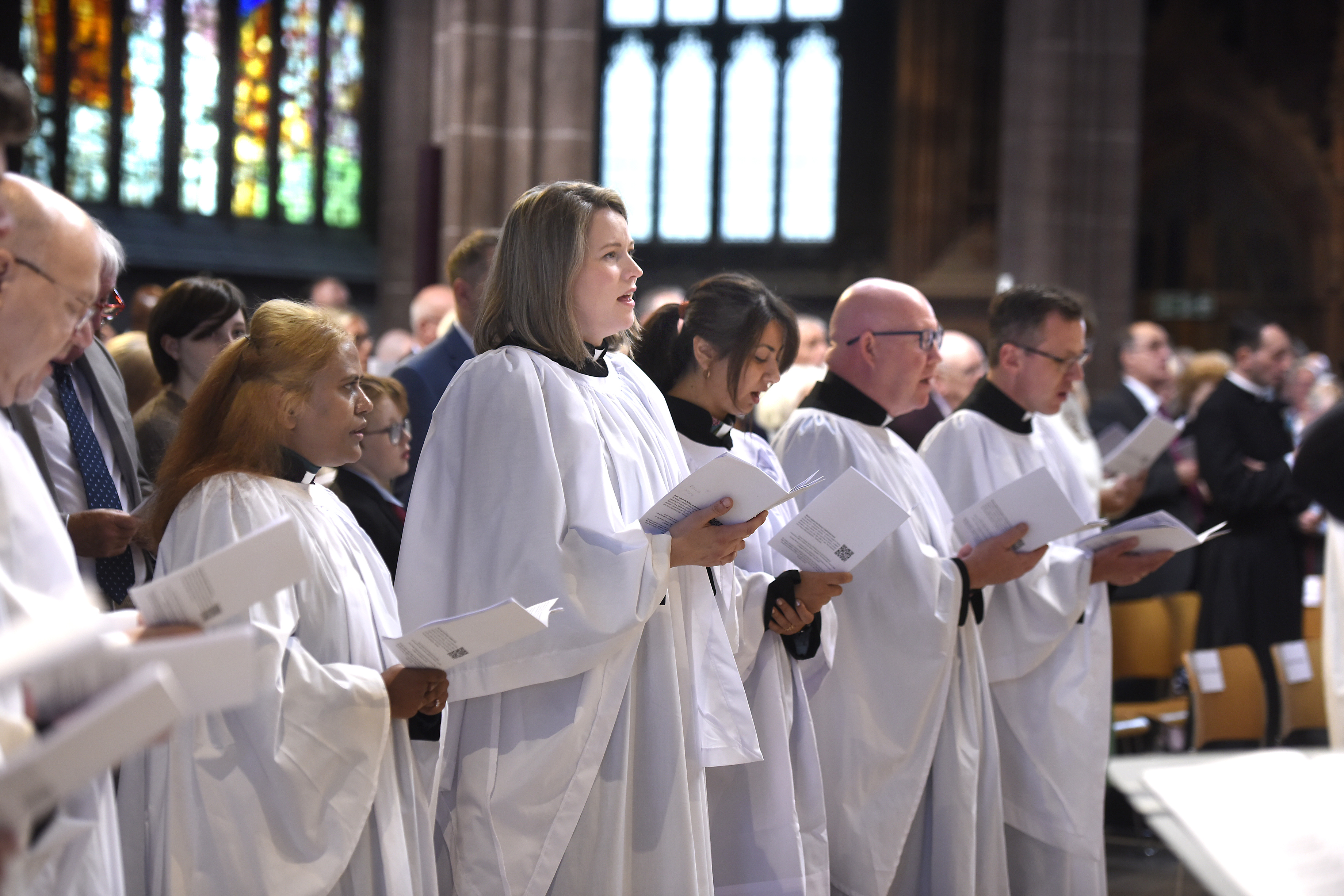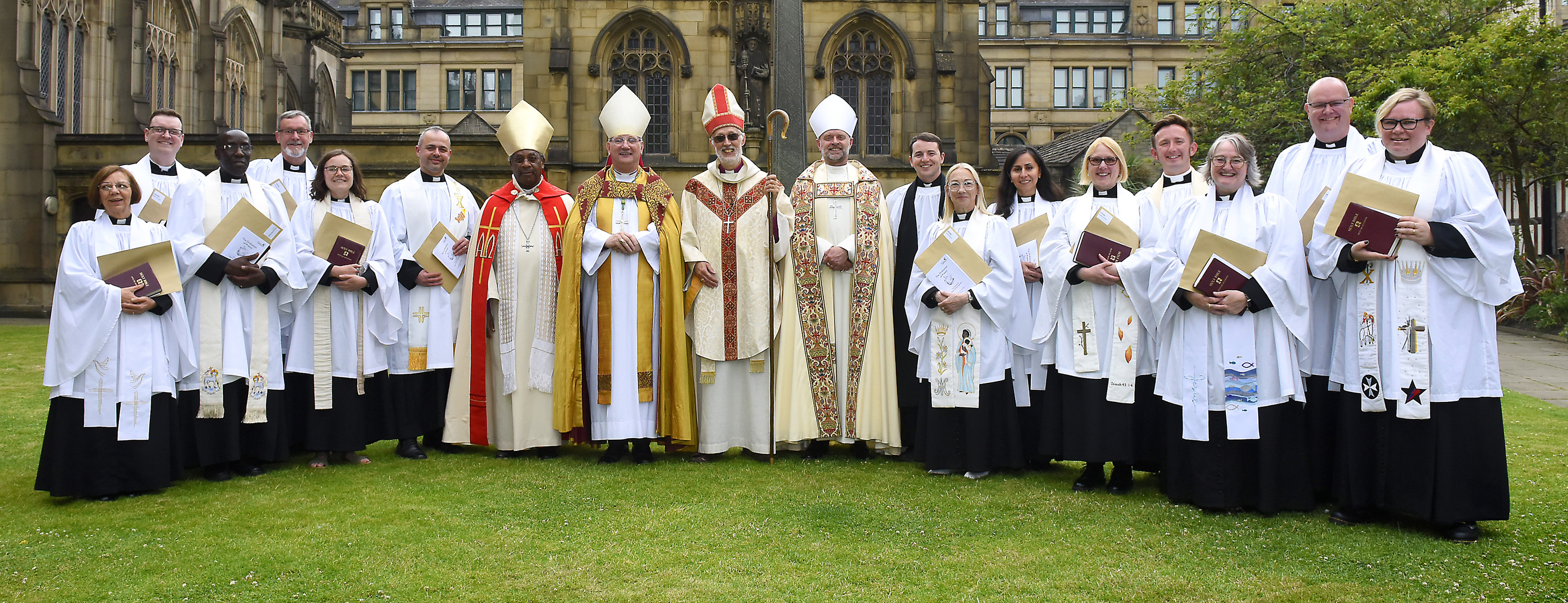Good morning.
“It’s the economy, stupid”. So read one of the most memorable political slogans of my lifetime. Four words that spurred Bill Clinton on to clinch the 1992 US presidency. But it isn’t always the economy. Tony Blair’s UK catchphrase in 2001 was “Education, Education, Education”. Most recently, Boris Johnson won in 2019 with the line “Get Brexit done”. Nor are Election campaigns invariably dominated by policy slogans. Sometimes the dominant issue is the leader. Margaret Thatcher, Tony Blair and Barack Obama each knew how to reach far beyond words written in manifestos, to make their own personality the centre of attention. Yet here we are, less than 72 hours before Polling Stations open across Britain, and neither policies nor personalities have dominated. Instead, from rows over selection of candidates, through D Day, the Betting Scandal, and, most recently, racist remarks by campaigners, often the top news story has been about matters of character - be it the character of a leader or the character of their candidates, officials and wider party.
This weekend we’ve ordained 32 new deacons and priests in Manchester Cathedral. Today, they’ll be embarking on their new responsibilities. Demographically, and in their opinions on theological matters, they’re a hugely diverse bunch. They also differ massively in personality. Yet early in each ordination service, one of those responsible for their training, was required to reassure both me and the congregation that they met the test of character. That matters.


It mattered two millennia back, when St Paul, writing to the first Christian community in Rome, spoke of how good character comes as a product of endurance. It’s not something that can be acquired simply or swiftly. Paul doesn’t go into the constituents of character, and we can all make our own list, but for me they would lie in virtues such as integrity, trustworthiness or resilience, and the avoidance of vices like arrogance, entitlement, prejudice, or lying.
So, I’m not dismayed by the lack of prominence given to policy matters over the last few weeks. And I’m even more relieved that neither of our main parties boasts a candidate for Prime Minister who would seek to dominate the political landscape by personal charisma. Like my new deacons and priests, the vast majority of politicians I meet would personally pass a character test. And if the character of leaders and their parties is playing a prominent part in how Britain decides on its next government then, whoever wins, like St Paul, I will look to our future with confidence.
